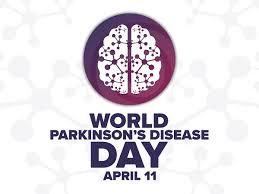Understanding Parkinson’s Disease: A Complex Neurological Disorder
Parkinson’s disease, a progressive neurological disorder affecting millions globally, manifests through symptoms like tremors, stiffness, and impaired balance. Despite its prevalence, the exact cause remains elusive, with various factors contributing to its development.
Early Diagnosis and Treatment: Key to Managing Parkinson’s
Early diagnosis is pivotal for effective treatment interventions. Deep brain stimulation (DBS), a promising therapy, has shown significant benefits in alleviating symptoms and enhancing quality of life for patients.
Dispelling Myths: Educating the Masses on Parkinson’s
Misconceptions surrounding Parkinson’s disease abound, often leading to misunderstandings about its symptoms and treatment options. It’s crucial to educate the public about the multifaceted nature of the disease and the available therapeutic approaches, including surgical interventions like DBS.
Preventive Measures: Mitigating Parkinson’s Risk
Lifestyle modifications, such as regular exercise, a balanced diet, and stress management, play a vital role in mitigating the risk of Parkinson’s disease. Additionally, minimizing exposure to environmental toxins and prioritizing brain health through mental stimulation and social engagement can contribute to preventive care.
Uniting for Change: Commemorating World Parkinson’s Day
On World Parkinson’s Day, let us stand in solidarity with the Parkinson’s community, advocating for increased awareness, support for patients and caregivers, and continued research funding. Together, we can empower individuals living with Parkinson’s and strive towards a future free from the burdens of this debilitating disease.
In conclusion, World Parkinson’s Day serves as a poignant reminder of the ongoing efforts to combat Parkinson’s disease. By raising awareness, promoting preventive measures, and advocating for research, we can work towards transforming lives and fostering hope for a Parkinson’s-free world.









